目次
トルストイ『吹雪』あらすじと感想~カフカースからの道中、危うく凍死しかけた実体験から生まれた傑作!ツルゲーネフも大絶賛!
今回ご紹介するのは1856年にトルストイによって発表された『吹雪』です。私が読んだのは河出書房新社より発行された中村白葉訳『トルストイ全集2 初期作品集(上)』1982年第4刷版所収の『吹雪』です。(全集では翻訳の関係で『吹雪』が『雪あらし』という題になっています。)
早速この本について見ていきましょう。
トルストイについては、古くから、「表現の名匠」という呼称があるが、これはまったくこの人の天成というほかはないすばらしさである。
この一編はまさにその見本として提出されたような作品で、ただなんの構成も筋立てもない夜の雪あらしを叙したにすぎないものであるが、そのすぐれた感覚描写によって、この作者の特色を遺憾なく発揮している点に価値がある。
トルストイは一八五四年(二十六歳)一月、将校に昇進するとともにカフカースに別れを告げて、郷里へ帰った。その途中で猛烈な吹雪に会い、一夜橇で雪の曠野をさまよった経験を持っている。
『雪あらし』の一編は、この体験から生まれたものといわれ、後年の名作『主人と下男』における吹雪の夜の名描写の先駆をなすものである。
吹雪の曠野に行きくれて、橇にねむる旅人の夢に、うつつともなくうかぶ故郷の夏の真昼の情景―このコントラストの効果は、心理的にも感覚的にも描写の極致として推賞するに足るものを持っている。
※一部改行しました
河出書房新社、中村白葉訳『トルストイ全集3 初期作品集(下)』1980年第3刷版所収、巻末解説P435
この作品はトルストイが吹雪の中凍死しかけたという実体験から生まれています。
上の解説にありますように、この作品はただただ吹雪の中で右往左往し、どうなるかどうなるかとやきもきするような展開ですが、不思議な迫力があります。
この作品について藤沼貴著『トルストイ』では次のように解説されていました。
トルストイは、一八三ぺージで書いたように、クリミア戦争参加を前にして、カフカースから橇でロシアにもどる途中、五四年一月二十四日夜に猛吹雪に見舞われ、道を見失って、橇は一晩じゅう迷走し、トルストイたちは危うく凍死しそうになった。すぐさまかれは日記に「吹雪という短編を書こうという考えがうかんだ」と書きつけた。それが二年以上たって実現したのが『吹雪』だった。
この作品はツルゲーネフをはじめ多くの人から歓迎されたというより、激賞された。たしかに、『吹雪』は一晩の雪中の彷徨を語っただけの小編だが、緻密でずっしりした重量感のある珠玉の作品である。芸術的に初期作品の筆頭といってよいだろう。
しかも、この上質の芸術品が、この時期のトルストイの立場を凝縮して示しており、意味深い暗示になっている。ここでこの作品についてくわしく述べる紙数はないが、作中の私は御者(民衆)、橇(時勢)、馬(自然)、吹雪(運命)に翻弄され、絶望の淵に立たされながら、馬(自然)の本能的感覚によって道を発見し、生還するのである。
※一部改行しました
第三文明社、藤沼貴著『トルストイ』P209-210
『吹雪』はあのツルゲーネフにも大絶賛された作品でした。ツルゲーネフはトルストイより10歳年上で、この時にはすでにツルゲーネフはロシア文壇のトップに君臨していました。
そのツルゲーネフからここまで絶賛されるというのはやはりトルストイは只者ではありません。作家デビューから数年でここまでの表現力を発揮する彼の天才ぶりには驚くしかありません。
また、上の解説にもありますように、この作品には意味深い暗示が込められています。
トルストイにとってカフカース体験が彼の生涯を貫く大きな経験となったことはこれまでの記事でもお話ししてきました。
そのカフカース体験を「吹雪による遭難」として描くことで「思想」に昇華させたこの作品は強いメッセージ性を感じさせます。
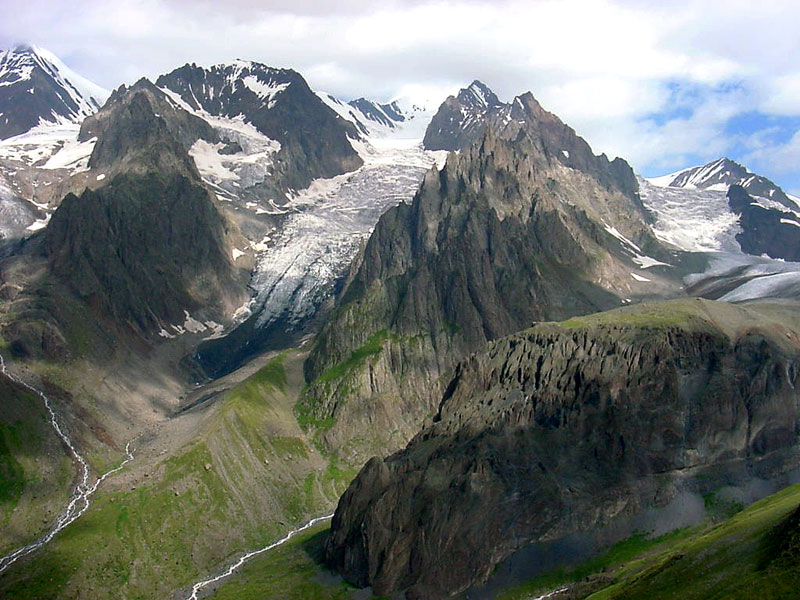 コーカサス(カフカース)山脈 Wikipediaより
コーカサス(カフカース)山脈 Wikipediaより
カフカースの圧倒的な雄大さ、そこに住む人々の生活、従軍生活を通して学んだ人間観。
そして、この雄大な世界は「吹雪」という自然現象を通してトルストイの命を奪いにきました。
心を持っていかれそうになる圧倒的な自然は、同時にいとも簡単に人間の生命を奪いうる。
圧倒的なものに対する憧れと恐怖。
巨大な自然を前にして人間が抱く感情。
カフカースでの日々はトルストイの生涯にどれだけ多くの影響を与えたことでしょうか。
ヨーロッパの作家の多くが「アルプス体験」を経ているというのは有名なお話です。ドイツの詩人ゲーテもそのひとりです。
ヨーロッパ人にとってアルプスがいかに大きなインスピレーションを与えたのかというのは私にとっても非常に興味深いものがあります。
それと同じように、トルストイにとってもこのカフカース体験が大きな影響があった。
これはトルストイを知る上で見逃せないポイントなのではないかと私は感じたのでありました。
以上、「トルストイ『吹雪』あらすじと感想~カフカースからの道中、危うく凍死しかけた実体験から生まれた傑作!ツルゲーネフも大絶賛!」でした。
Amazon商品ページはこちら↓
トルストイ全集〈2〉初期作品集 (1973年)
次の記事はこちら
あわせて読みたい
トルストイ『セヴァストーポリ物語』あらすじと感想~クリミア戦争の最激戦地で戦ったトルストイの戦場ルポ
トルストイはあのクリミア戦争に従軍しています。そしてそこでの体験をルポ的に書いたもの、そしてそこからフィクションと結びつけて小説化したものが今作『セヴァストーポリ物語』になります。
天才的な芸術家トルストイによって描かれる戦争の実態はすさまじいものがあります。戦場ルポの先駆けという側面もあったこの作品が発表後すぐに大絶賛されたのもわかる気がしました
前の記事はこちら
あわせて読みたい
トルストイ『森林伐採』あらすじと感想~カフカース従軍でロシア民衆の人間性を考えるトルストイ
今作『森林伐採』ではロシア軍に従軍したトルストイが、兵士たちの姿を通して「ロシア民衆とは何か」という問いを探究していく作品になります。
トルストイのカフカース体験が彼の思想形成に多大な影響を与えていたことがこの小説からうかがえます。
ページ数にして30ページほどというコンパクトな作品の中に情景描写の妙、深い人間洞察というトルストイらしさが詰まった逸品です。
関連記事
あわせて読みたい
(20)いざジョージアへ~なぜ私はトルストイを学ぶためにコーカサス山脈へ行かねばならなかったのか
皆さんの中にはきっとこう思われている方も多いのではないでしょうか。
「それにしても、なぜジョージアまで来なくてはならなかったのか。ドストエフスキーとトルストイを学ぶためと言ってもそのつながりは何なのか」と。
実際私も出発前に何度となくそう質問されたものでした。「何でジョージアなの?」と。 たしかにこれは不思議に思われるかもしれません。ドストエフスキーとトルストイを学ぶために行くなら普通はロシアだろうと。なぜジョージアなのかという必然性が見当たらない。 というわけでこの記事ではそのことについてお話ししていきます
あわせて読みたい
トルストイおすすめ作品10選と解説書、作品一覧~ロシアの巨人の圧倒的なスケールを体感!
今回の記事ではこれまで当ブログで紹介してきた作品の中から特におすすめの作品を10作まずは紹介し、その後おすすめの解説書とその他作品の一覧を紹介していきたいと思います。
あわせて読みたい
トルストイ『襲撃(侵入)』あらすじと感想~戦争に正義はあるのかと問う若きトルストイのカフカース従軍
この作品は1852年にカフカースに向けて出発し、従軍経験をした若きトルストイによる実体験をもとにした小説になります。
トルストイはこの時のカフカース体験に大きな影響を受けていて、彼は晩年になると戦争反対、非暴力を強く主張します。
それはこの時に感じた戦争への疑問が残り続けていたからかもしれません。
あわせて読みたい
トルストイ『コサック』あらすじと感想~カフカースの圧倒的美しさを描いたトルストイの傑作中編!あの...
『コサック』はトルストイのカフカース体験の集大成とも言える作品です。
カフカースの美しさをここまで表現するトルストイにはただただ脱帽するしかありません。
『コサック』はあの大作『戦争と平和』にも直接繋がっていく非常に重要な作品となっています。
文豪トルストイのスタイルが定まる記念碑的な作品とも言えるかもしれません。
あわせて読みたい
トルストイとカフカース(コーカサス)の強いつながり~圧倒的な山岳風景とトルストイの軍隊経験
トルストイは1851年、23歳の年にカフカース(コーカサス。旧グルジア、現ジョージア)を訪れています。
そしてその圧倒的な自然やそこで出会った人々、命を懸けて戦った経験が彼の文学に大きな影響を与えています。
この記事では藤沼貴著『トルストイ』を参考にトルストイの「カフカース体験」を見ていきます。
トルストイの文学や人柄の特徴を見ていくためにもこれらは非常に参考になります。
あわせて読みたい
ロシアとカフカース・チェチェンのつながり~ロシア帝国とジョージア(旧グルジア)地方の戦争の歴史を...
トルストイが訪れた1850年代にはすでにロシアとカフカースは戦争状態でした。そしてその時から続く歴史は現代のロシア・チェチェン戦争とも繋がってきます。ロシア帝国、ソ連、現代ロシアという歴史の流れを知る上でもカフカースの歴史を知ることは大きな意味があります。
この記事ではそんなカフカースとロシアの歴史についてお話しします
あわせて読みたい
富樫耕介『コーカサスの紛争』あらすじと感想~チェチェン、ナゴルノ・カラバフ、ジョージアにおける紛...
「本書は、コーカサス地域の理解にしか役に立たないのではなく、現在の国際社会において様々な地域で出現している民族や国家をめぐる問題を理解する際にも役立つことを目指している。(「はじめに」より)」
まさにこの作品は複雑なコーカサス情勢を学ぶことで「他の地域の紛争を見る眼」も養うことができる参考書です。
しかもコーカサス地方の紛争はどれもロシアと関わりの深い紛争です。
ロシア・ウクライナ戦争を考える上でも新たな視点を授けてくれるおすすめの参考書です
あわせて読みたい
万能の天才ゲーテのおすすめ作品と解説本一覧~ヨーロッパに絶大な影響を与えた大詩人の魅力を紹介
ヨーロッパの歴史や文化を見ていく上でゲーテの存在がいかに大きいかというのを最近特に痛感しています。
実は、私はかつてゲーテが大の苦手でした。
ですが、今では大好きな作家の筆頭となっています。
やはり時代背景や作家の生涯・思想を学んだ上で読むのは大事なことだなとゲーテの場合には特に思えました。この記事ではそんなゲーテをもっと知るためのおすすめ記事を紹介しています。
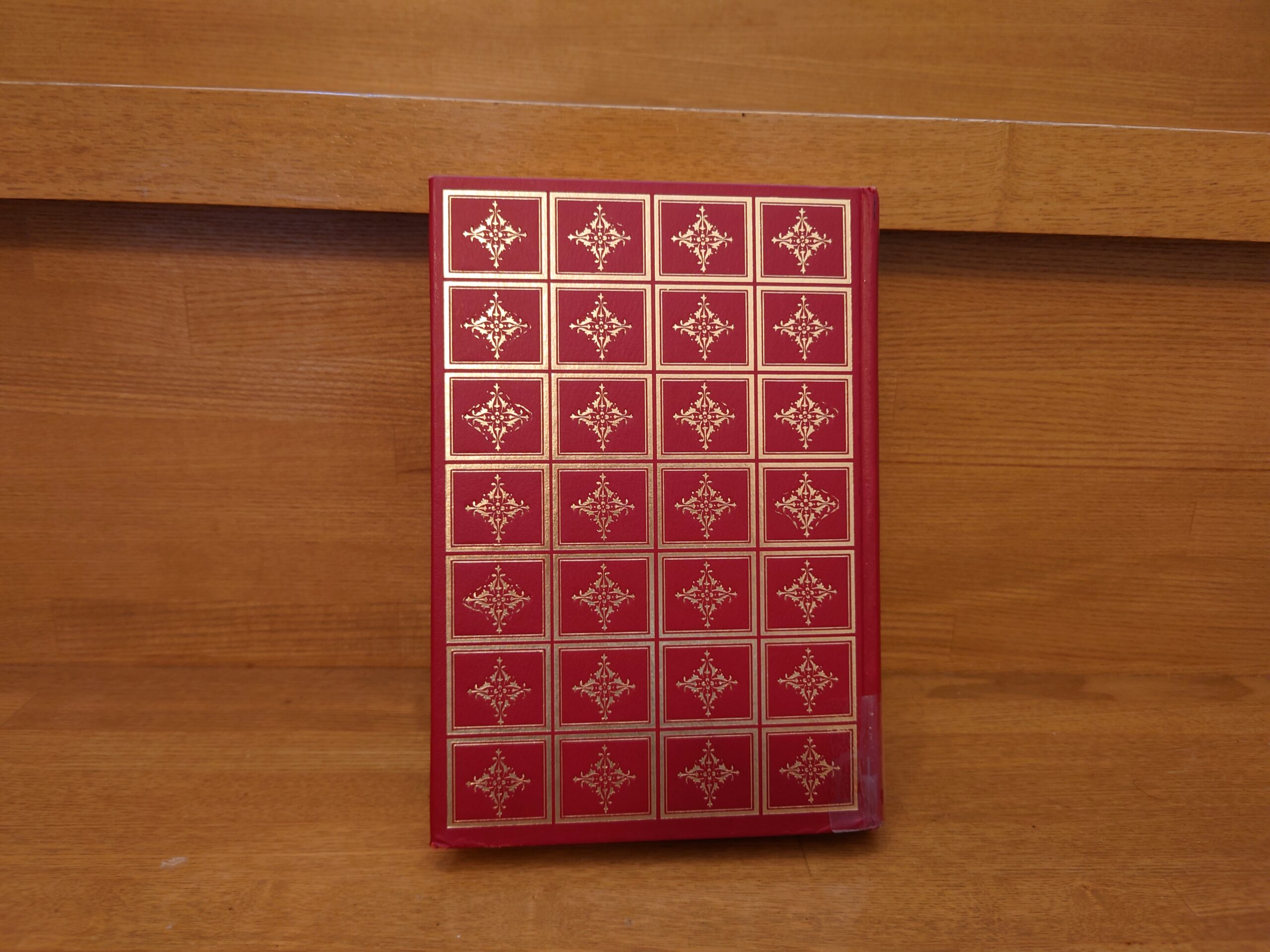

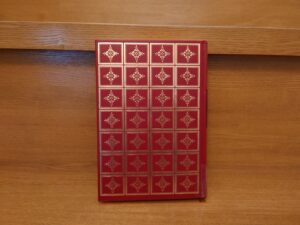
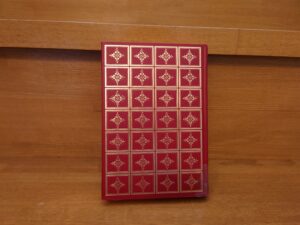

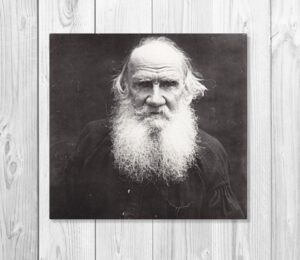


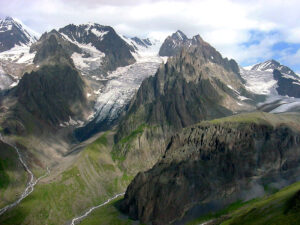
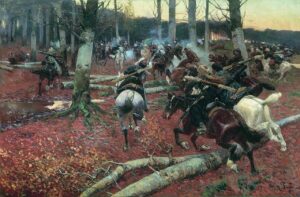
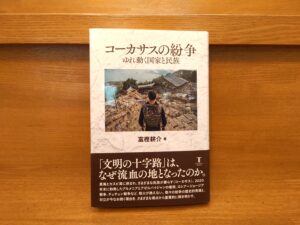
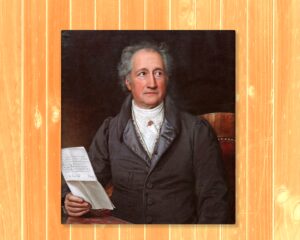

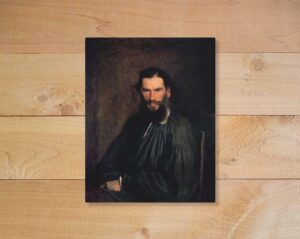

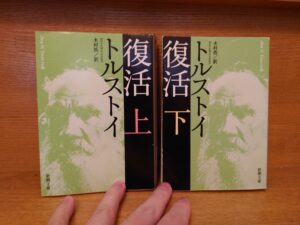

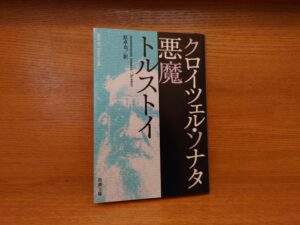
コメント